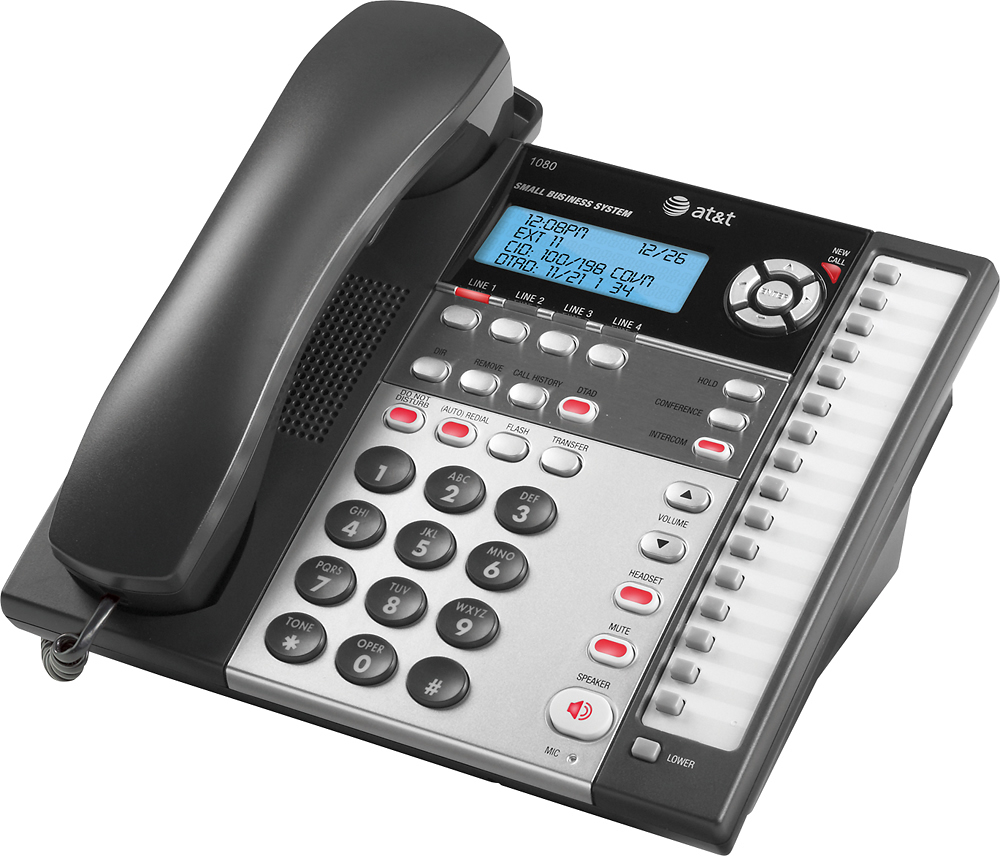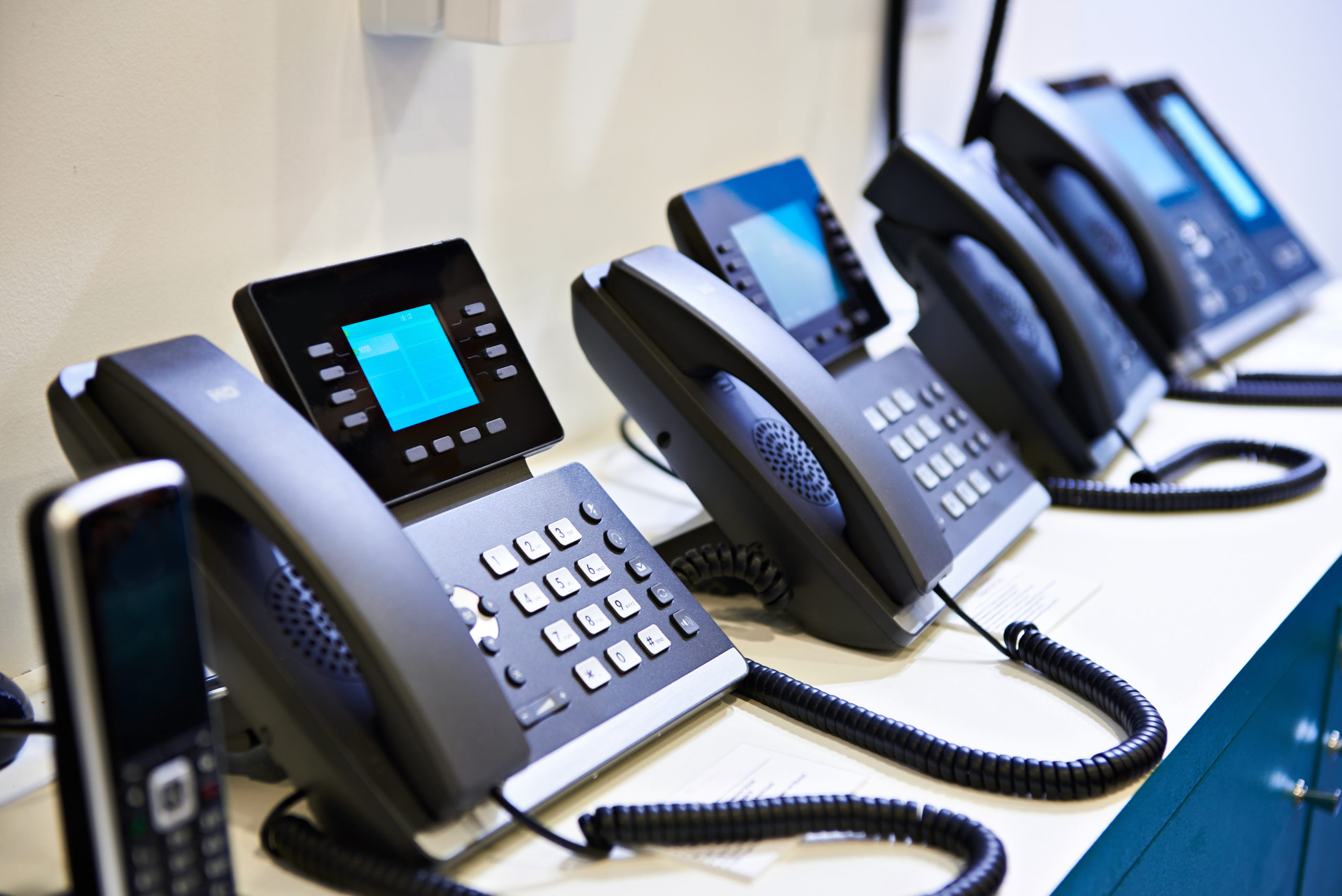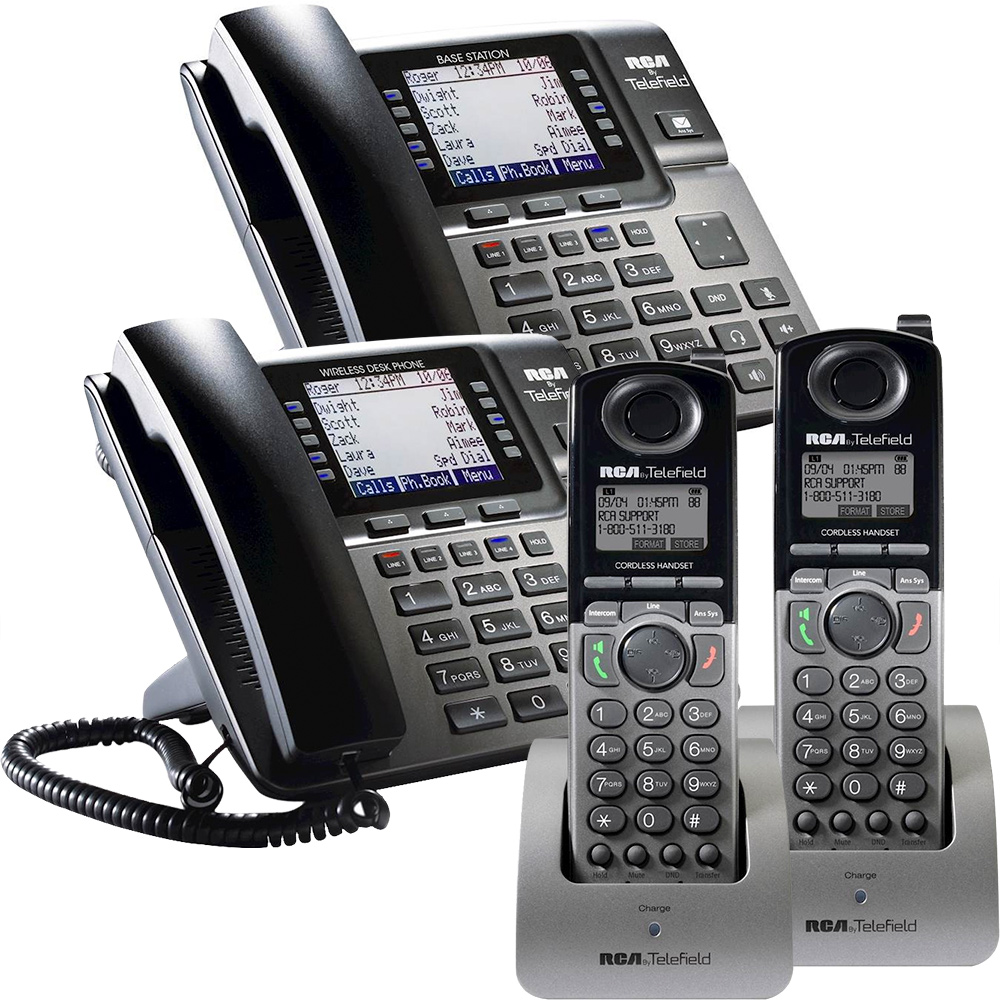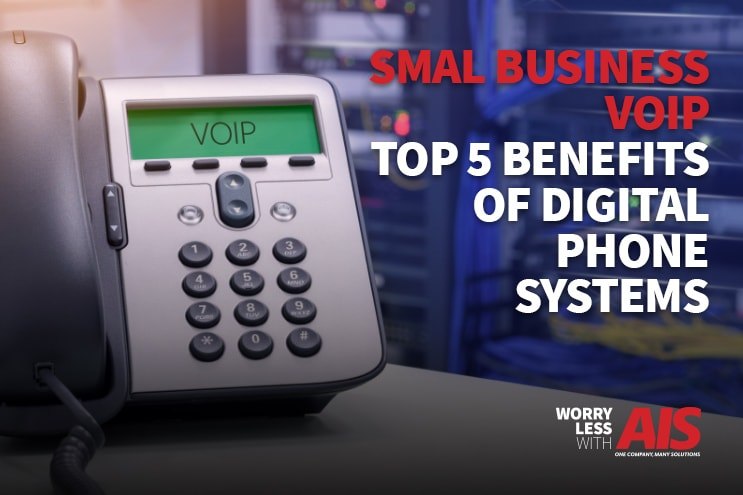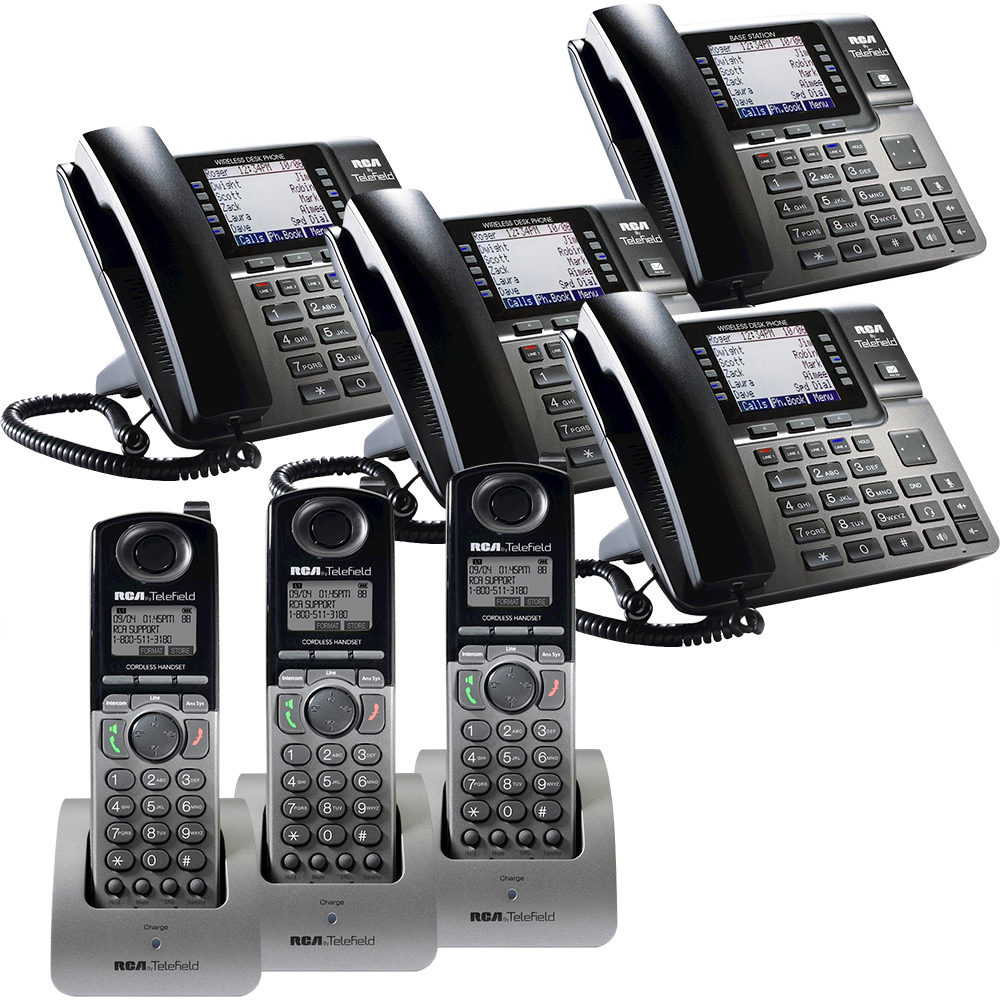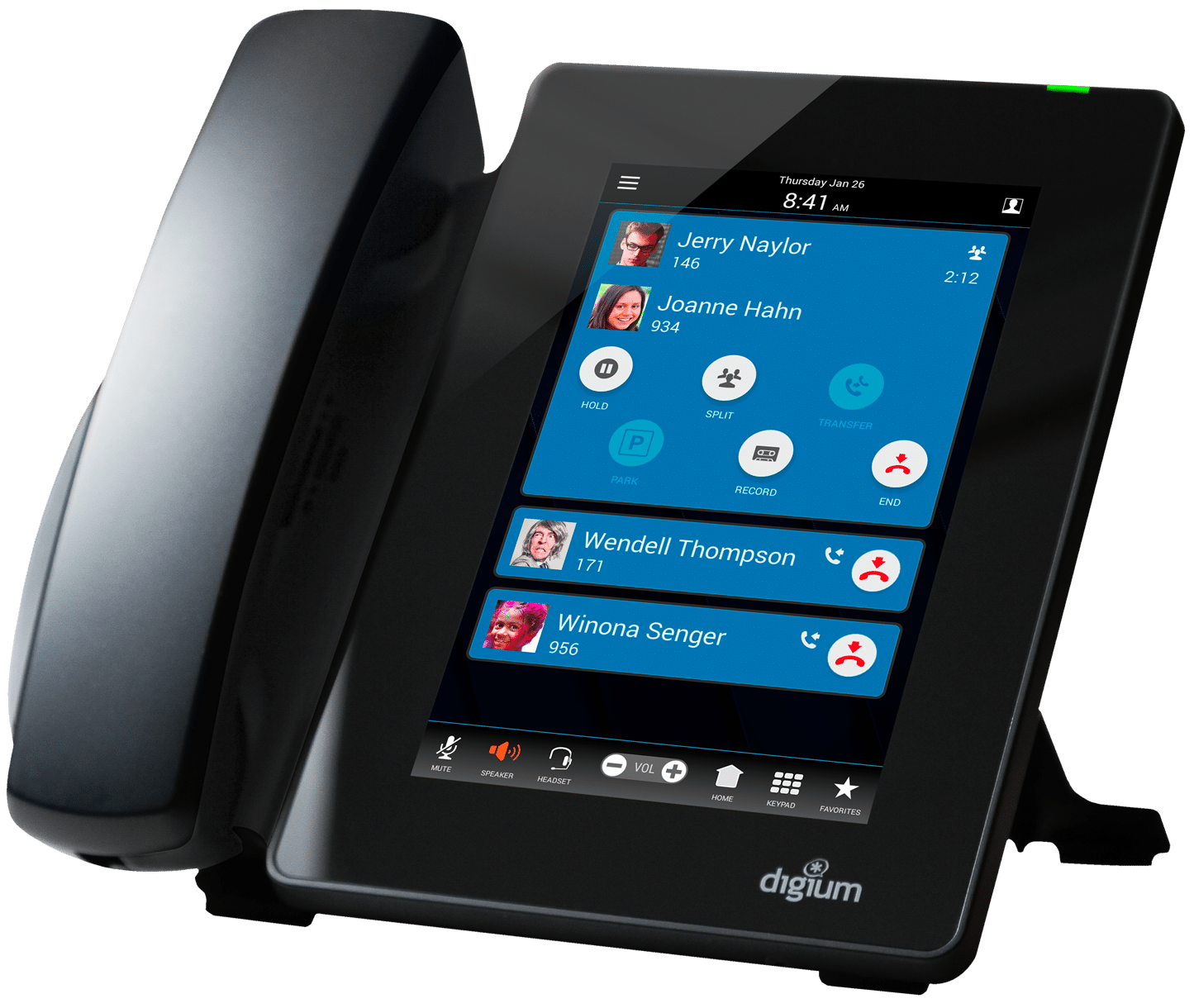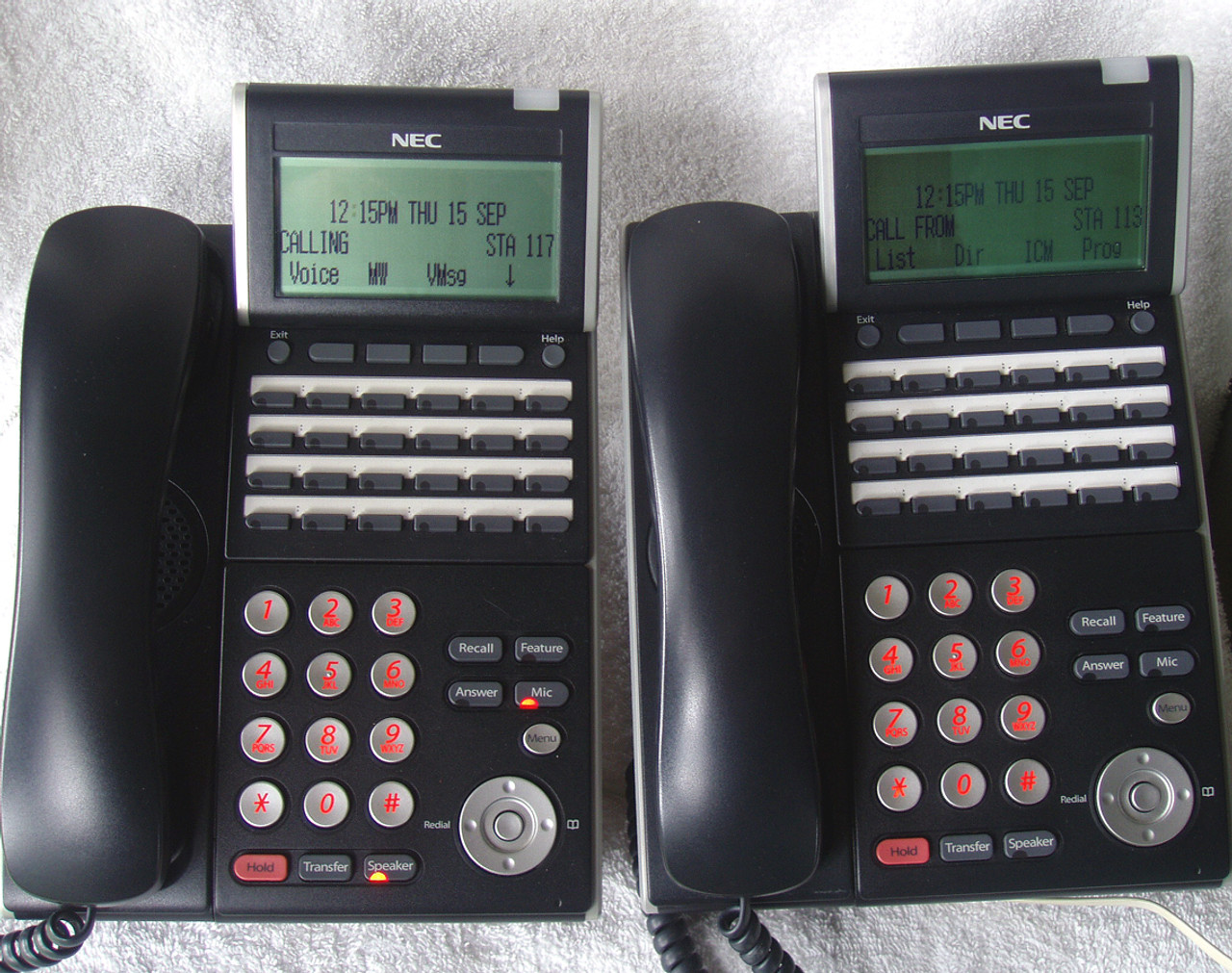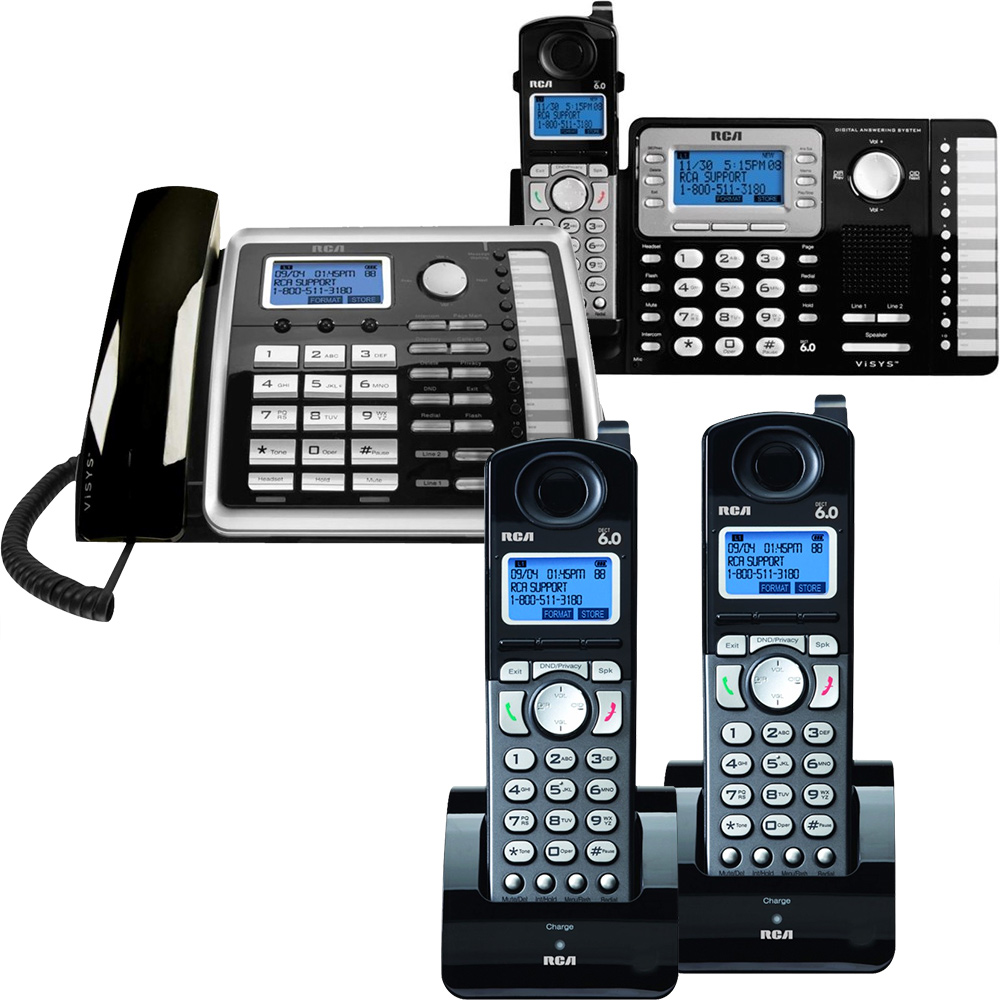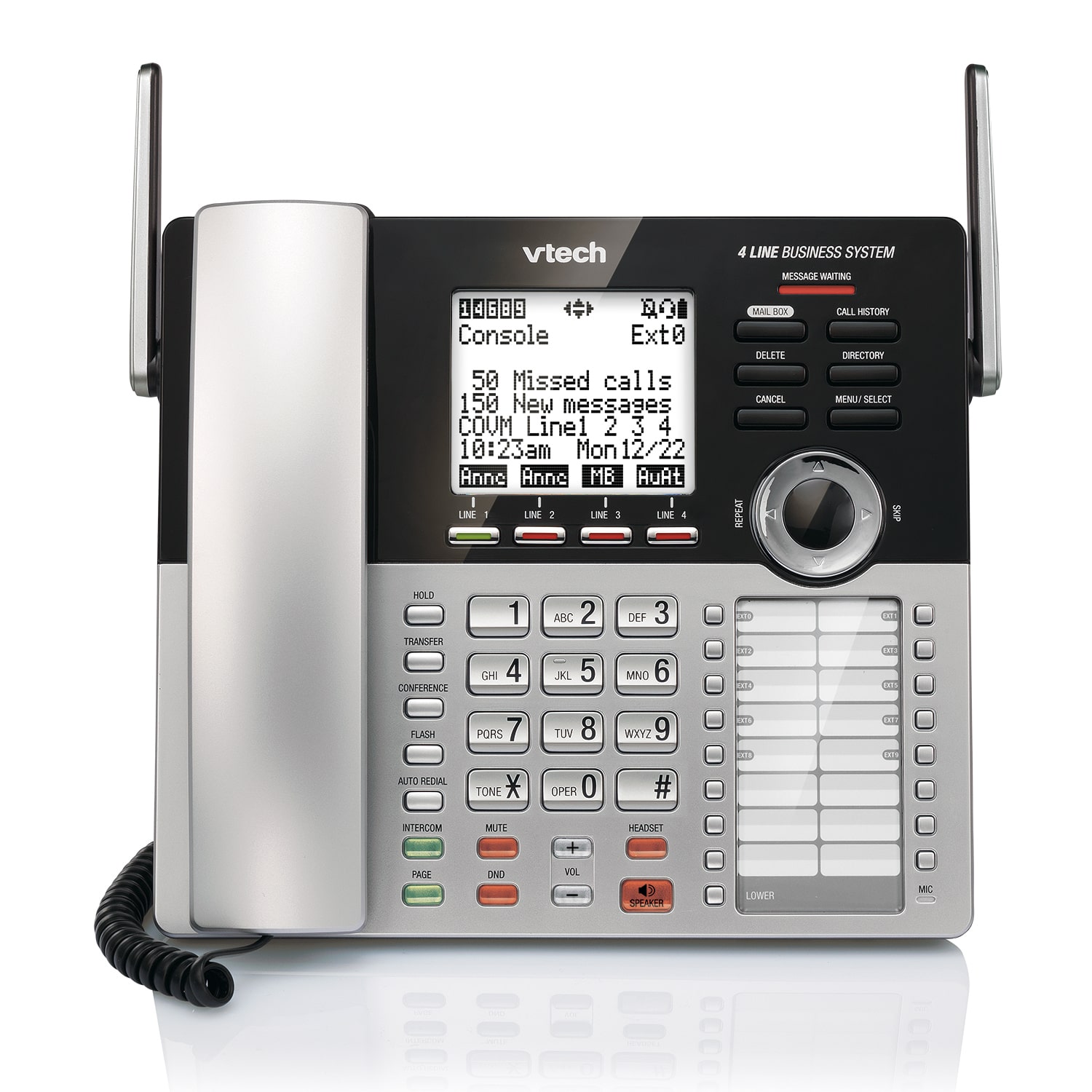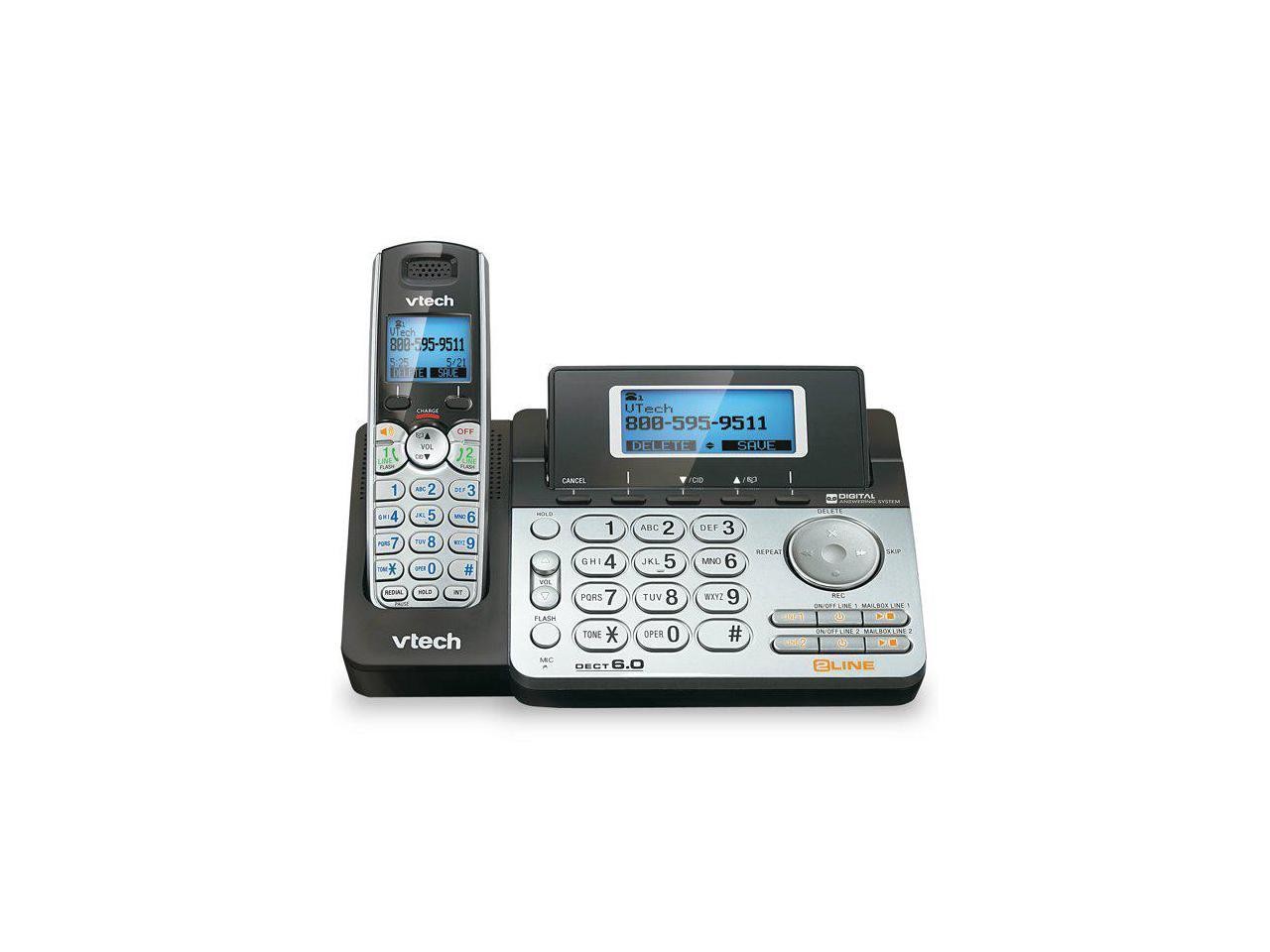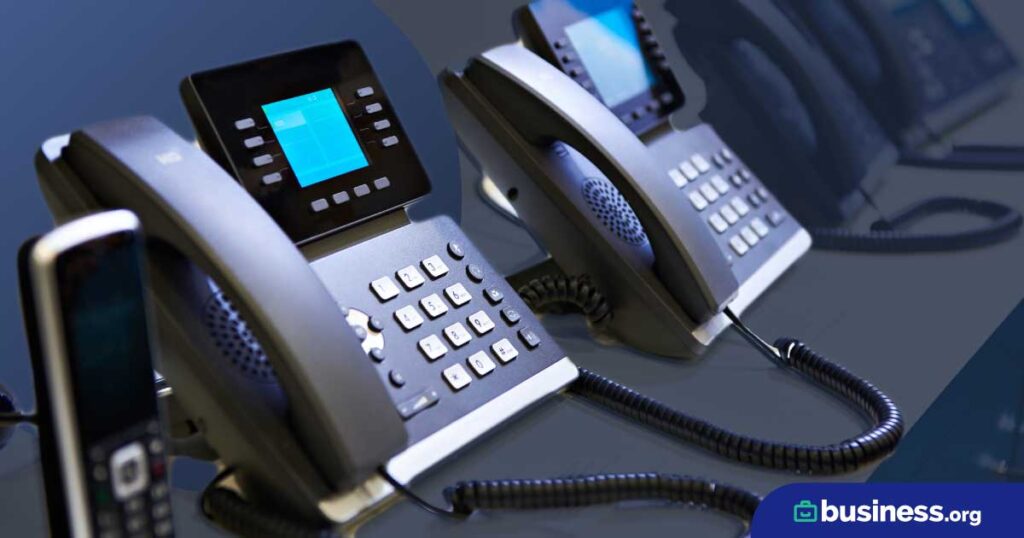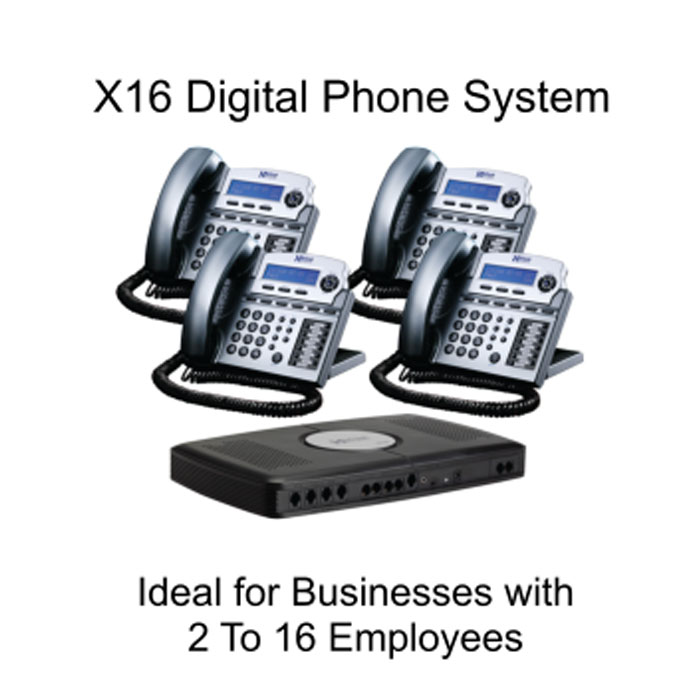Digital Phone System For Small Business
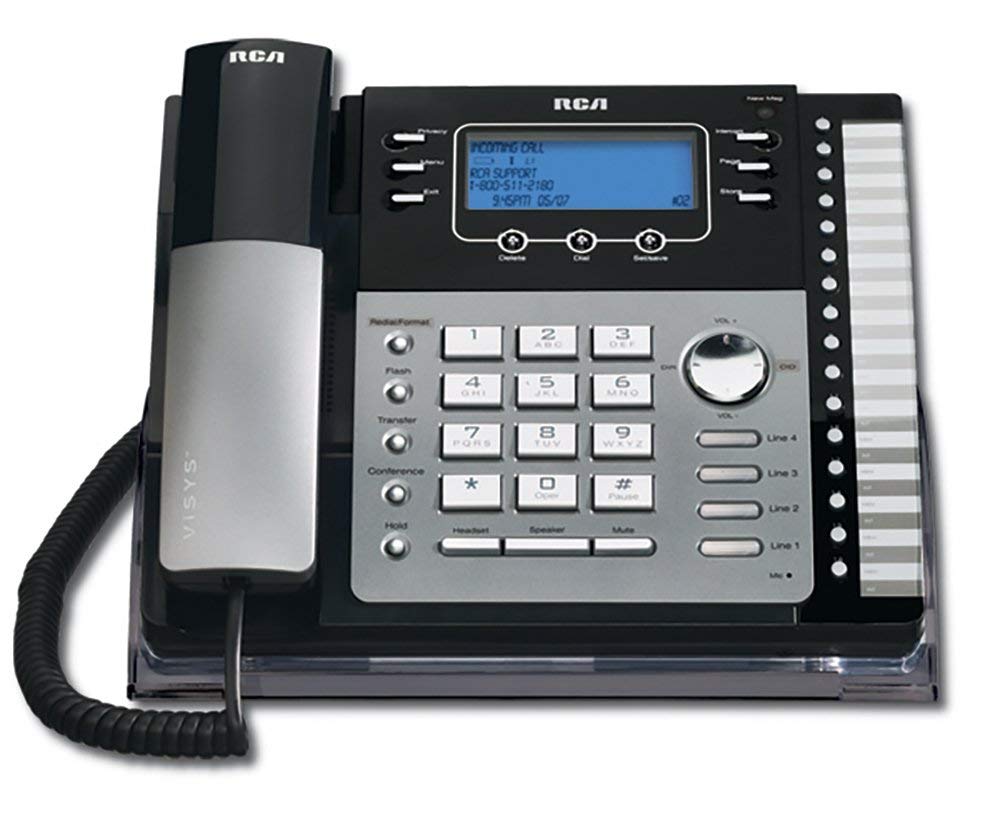
Imagine stepping into "The Cozy Corner Cafe," the aroma of freshly brewed coffee swirling in the air, sunlight streaming through the window, illuminating happy faces and friendly chatter. But behind the scenes, owner Maria always wrestled with missed customer calls and clumsy messages due to an outdated phone system. She dreamt of a solution that was simple, efficient, and wouldn’t break the bank.
Small business owners like Maria are finding solace in modern digital phone systems. These systems offer a streamlined, cost-effective, and feature-rich alternative to traditional landlines, leveling the playing field and empowering them to better serve their customers.
The Rise of Digital Communication for SMBs
Traditionally, small businesses relied on landlines, burdened by expensive hardware and limited functionality. However, the digital revolution has brought about Voice over Internet Protocol (VoIP) technology. VoIP converts voice into digital data, transmitted over the internet.
This shift has dramatically reduced costs, with many providers offering bundled packages that include unlimited calling and advanced features at a fraction of the price of traditional phone services, according to a recent report by the Small Business Administration (SBA).
Key Benefits of Digital Phone Systems
Digital phone systems offer a plethora of benefits to small businesses. One of the most compelling is cost savings.
VoIP plans often eliminate long-distance charges and reduce maintenance fees associated with physical hardware. The flexibility is another major advantage, enabling calls to be routed to employees regardless of their location.
This is especially crucial in today’s remote work environment. Features such as auto-attendants, call recording, and voicemail-to-email provide a level of professionalism and efficiency previously reserved for larger corporations.
According to a survey by Forbes Advisor, 68% of small businesses that switched to digital phone systems reported an increase in customer satisfaction.
These systems are scalable, meaning they can easily adapt as a business grows. Adding new lines or features is often as simple as a few clicks in a user-friendly online interface.
Choosing the Right System
Selecting the right digital phone system requires careful consideration. Businesses should assess their specific needs, including the number of employees, call volume, and desired features.
Providers offer a range of plans and options, from basic services to comprehensive unified communications platforms. It’s crucial to read reviews and compare pricing before making a decision.
Look for systems that integrate seamlessly with other business tools, such as CRM software and project management platforms. Also, reliable customer support is essential to quickly resolve any technical issues.
Popular providers like RingCentral, Nextiva, and Vonage offer a variety of solutions tailored to small businesses. Each provider offers competitive pricing and varied features, so comparing these is essential to find a right fit.
Maria from "The Cozy Corner Cafe" ultimately chose a system that integrated with her online ordering platform and provided mobile app support for her staff. This allowed her to manage calls efficiently and ensure that no customer query went unanswered.
Empowering the Future of Small Business Communication
The adoption of digital phone systems is reshaping the way small businesses communicate. It allows them to enhance customer service, streamline operations, and ultimately grow their businesses.
As technology continues to evolve, these systems will become even more integral to the success of small enterprises. These systems equip businesses to meet the demands of an increasingly competitive market.
With a newfound sense of control and efficiency, entrepreneurs like Maria can focus on what they do best: creating exceptional experiences for their customers.

